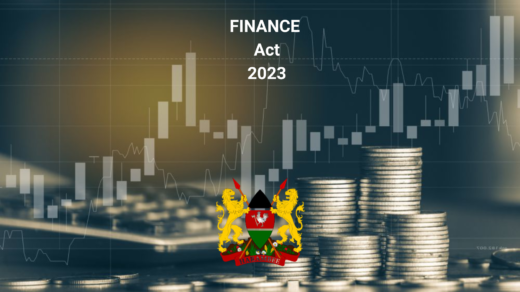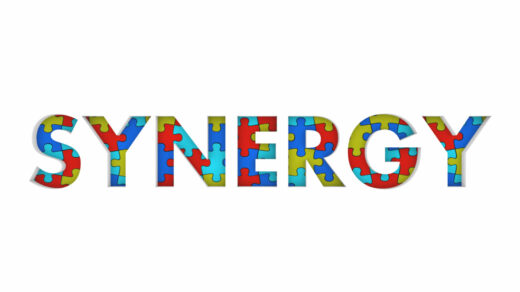In the realm of tokenization, gaining access to a broader market and providing liquidity to digital assets is a pivotal step. Token Listing Agreements with cryptocurrency exchanges play a central role in this process.
These legal contracts define the terms, conditions, and responsibilities when a token issuer seeks to list their digital assets on an exchange platform.
In this article, we’ll explore the concept of Token Listing Agreements, their significance, and how they enable tokens to enter the digital asset market.
Defining a Token Listing Agreement
A Token Listing Agreement is a legally binding contract between a token issuer and a cryptocurrency exchange. This agreement outlines the terms and conditions under which the exchange will list and trade the issuer’s tokens.
It includes details such as the listing fees, regulatory compliance, and other obligations of both parties involved in the token listing process.
Key Components of a Token Listing Agreement
- Parties and Recitals:
- The agreement begins by identifying the token issuer and the exchange, including their respective roles and responsibilities. The recitals section provides context and background information about the token to be listed and the expectations of both parties.
- Listing Process and Requirements:
- Outlines the specific procedures, criteria, and requirements that the token issuer must meet for listing, such as regulatory compliance, security standards, and technology integration.
- Listing Fees and Payment Terms:
- Details the fees associated with the token listing, including any initial fees, ongoing maintenance fees, and the payment schedule.
- Regulatory Compliance:
- Specifies that both parties will adhere to relevant laws and regulations governing digital asset listings, ensuring compliance with anti-money laundering (AML) and know your customer (KYC) requirements.
- Trading Rules and Obligations:
- Outlines the trading rules and obligations for both the exchange and the token issuer, including market-making arrangements and market integrity.
- Delisting Procedures:
- Describes the conditions and procedures under which the exchange may delist the token, safeguarding the interests of both parties.
- Intellectual Property Rights:
- Addresses the intellectual property associated with the token, such as the token’s branding or technology.
- Liabilities and Limitations:
- Describes the extent of liabilities and limitations for both the token issuer and the exchange, including the consequences of non-compliance or breaches of the agreement.
Significance of Token Listing Agreements in Tokenization
- Market Access: These agreements provide token issuers with access to a broader market of potential investors and traders, increasing the liquidity of their digital assets.
- Regulatory Compliance: Token Listing Agreements ensure that tokens are listed on exchanges in a manner that complies with applicable laws and regulations, enhancing the legitimacy of the token and the marketplace.
- Investor Confidence: These agreements instill confidence in investors and traders, as they provide transparency and security, setting the rules and expectations for the token’s trading environment.
Benefits of Token Listing Agreements in Tokenization
- Market Exposure: These agreements provide a crucial gateway for tokens to be traded on established exchanges, enhancing their exposure and liquidity.
- Legal Protection: They offer legal protection and mechanisms for dispute resolution, safeguarding the interests of both token issuers and exchanges.
- Market Legitimacy: By outlining the standards and rules for listing, these agreements promote the legitimacy and trustworthiness of the token and the marketplace.
- Regulatory Compliance: Token Listing Agreements ensure that the listing process adheres to regulatory and legal requirements, providing a structured framework for compliance.
Conclusion
Token Listing Agreements with cryptocurrency exchanges are pivotal in the tokenization industry. They facilitate the listing of digital assets on trading platforms, enabling market access, liquidity, and regulatory compliance.
Understanding and implementing these agreements is essential for both token issuers and exchanges, as they not only provide market exposure and legal protection but also promote market legitimacy and regulatory compliance in the rapidly evolving world of tokenization.




